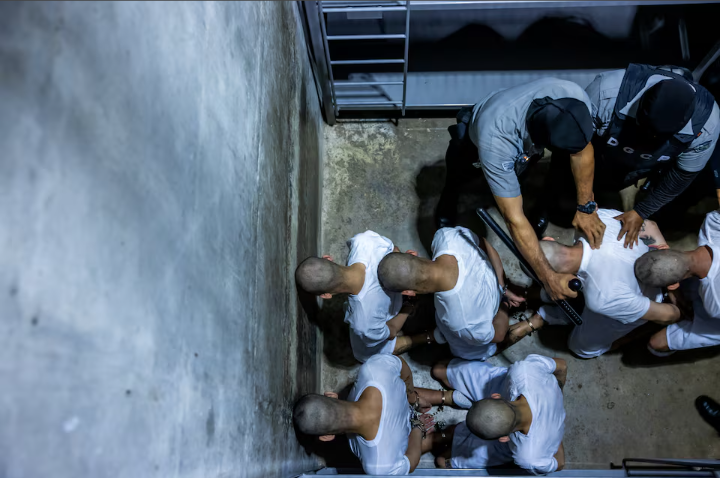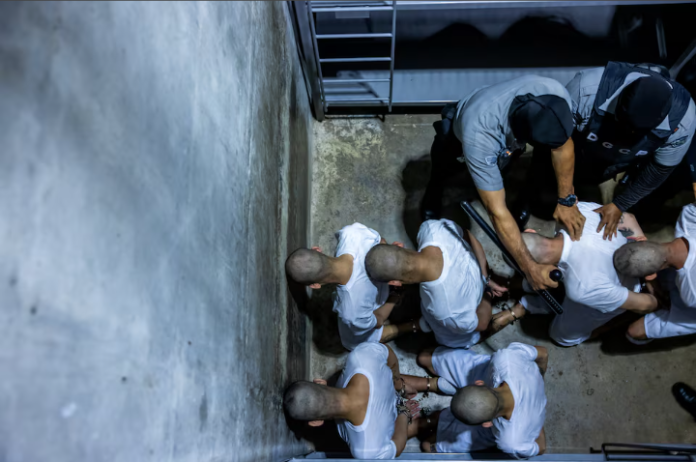In a dramatic legal twist, a federal judge has ordered the U.S. government to bring back a Maryland resident who was mistakenly deported to El Salvador—despite holding a valid work permit.
Kilmar Abrego Garcia, a Salvadoran migrant living legally in the U.S., was deported last month under the Trump administration’s intensified immigration crackdown. He was among a group of individuals removed from the country over alleged gang ties. However, the government has since admitted that Abrego Garcia’s deportation was an error. Still, it claimed it had no legal basis to bring him back.
That explanation didn’t sit well with U.S. District Judge Paula Xinis, who on Friday ruled that Abrego Garcia must be returned to the United States by April 7. The judge emphasized that the administration is responsible for the mistake—and therefore responsible for fixing it.
“They put him there, they can bring him back,” said Andrew Rossman, a lawyer from the firm Quinn Emanuel, which recently joined Garcia’s legal team.
The Justice Department has already moved to appeal the judge’s ruling, calling the decision “indefensible” and insisting that Garcia has “no legal right” to return. They also argued that it would not be in the public’s interest to reverse the deportation.
Despite these claims, government lawyer Erez Reuveni conceded during Friday’s hearing that Abrego Garcia should not have been deported in the first place. “That is not in dispute,” he said.
In court, Judge Xinis pressed Reuveni on why the government hadn’t already taken steps to reverse its error. He admitted that even he couldn’t get a straight answer from officials.

Garcia’s legal troubles began when he was detained by ICE on March 12 and questioned about gang affiliations—allegations he denies. A 2019 court order had previously granted him protection from deportation, but this ruling was ignored when he was placed on a flight to El Salvador alongside other deportees.
The case comes amid renewed enforcement efforts by the Trump administration, including controversial deportations under the 1798 Alien Enemies Act and increased military presence at the U.S.-Mexico border. Many critics argue these actions raise serious constitutional questions.
Garcia’s legal team, which also represents his wife and 5-year-old U.S.-born child, accused the government of making no real effort to correct their mistake. His wife, a U.S. citizen, attended the hearing in tears.
“This is not just about one man—it’s about the rule of law,” said attorney Simon Sandoval-Moshenberg. “The public interest lies in the government following the law, not ignoring it.”



